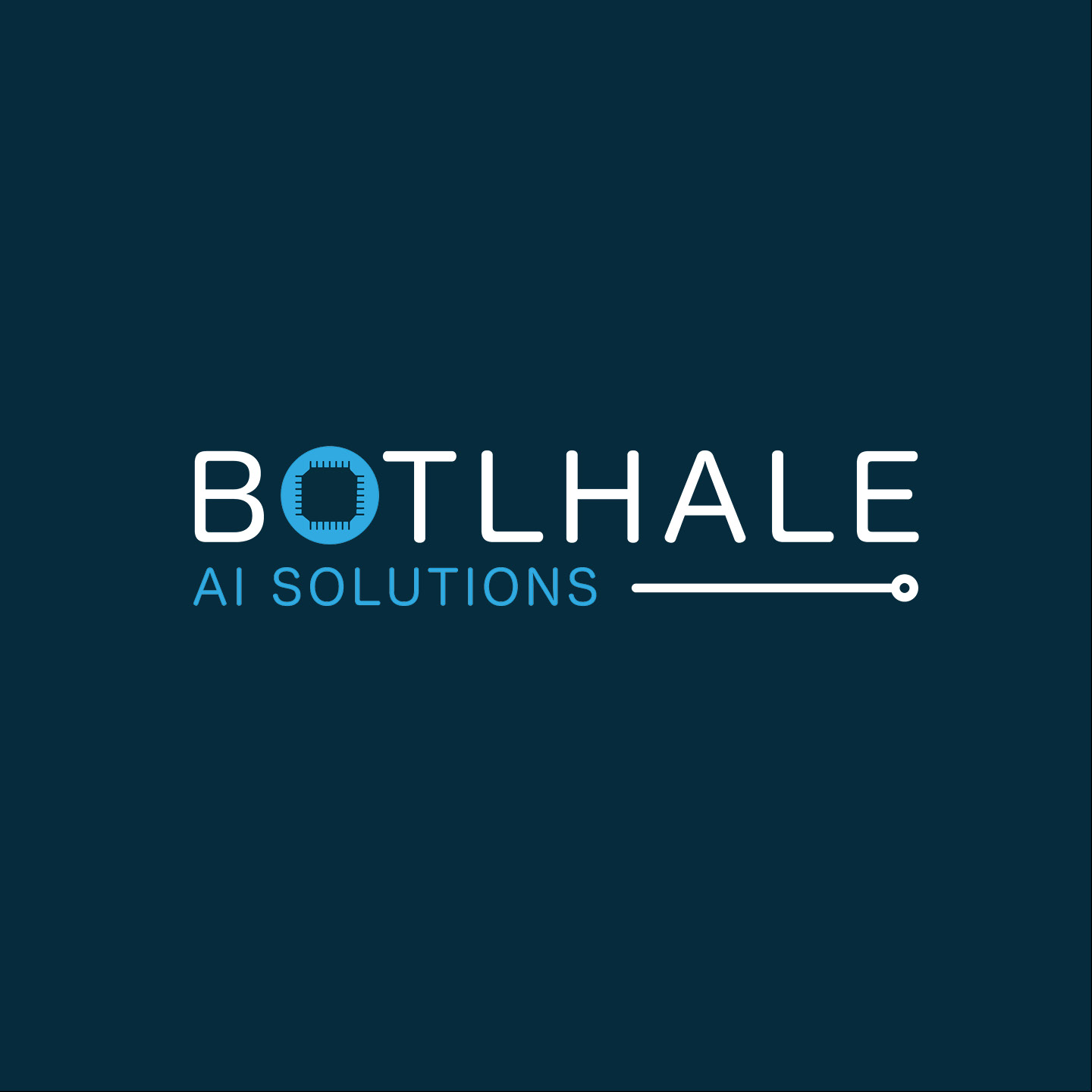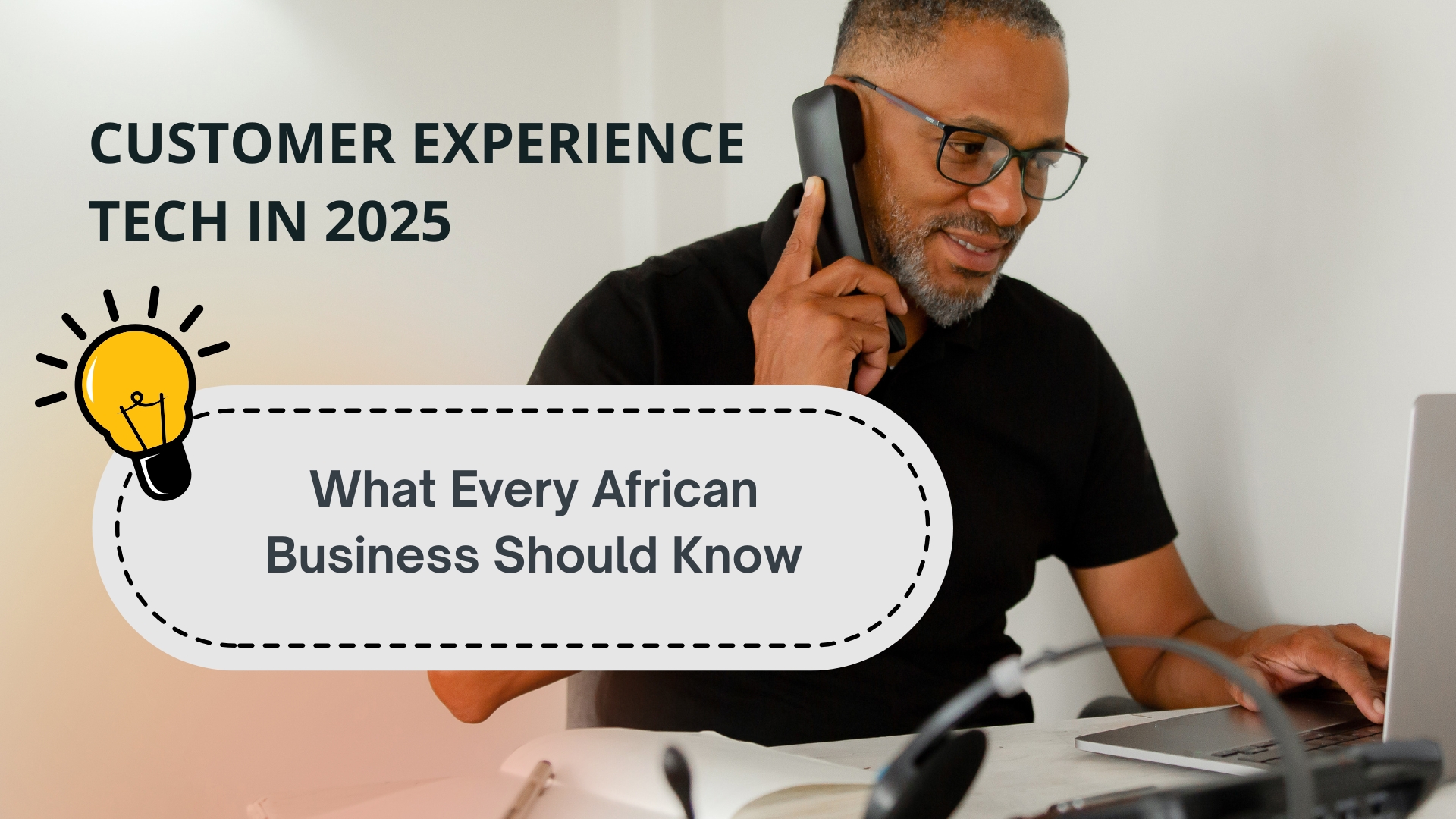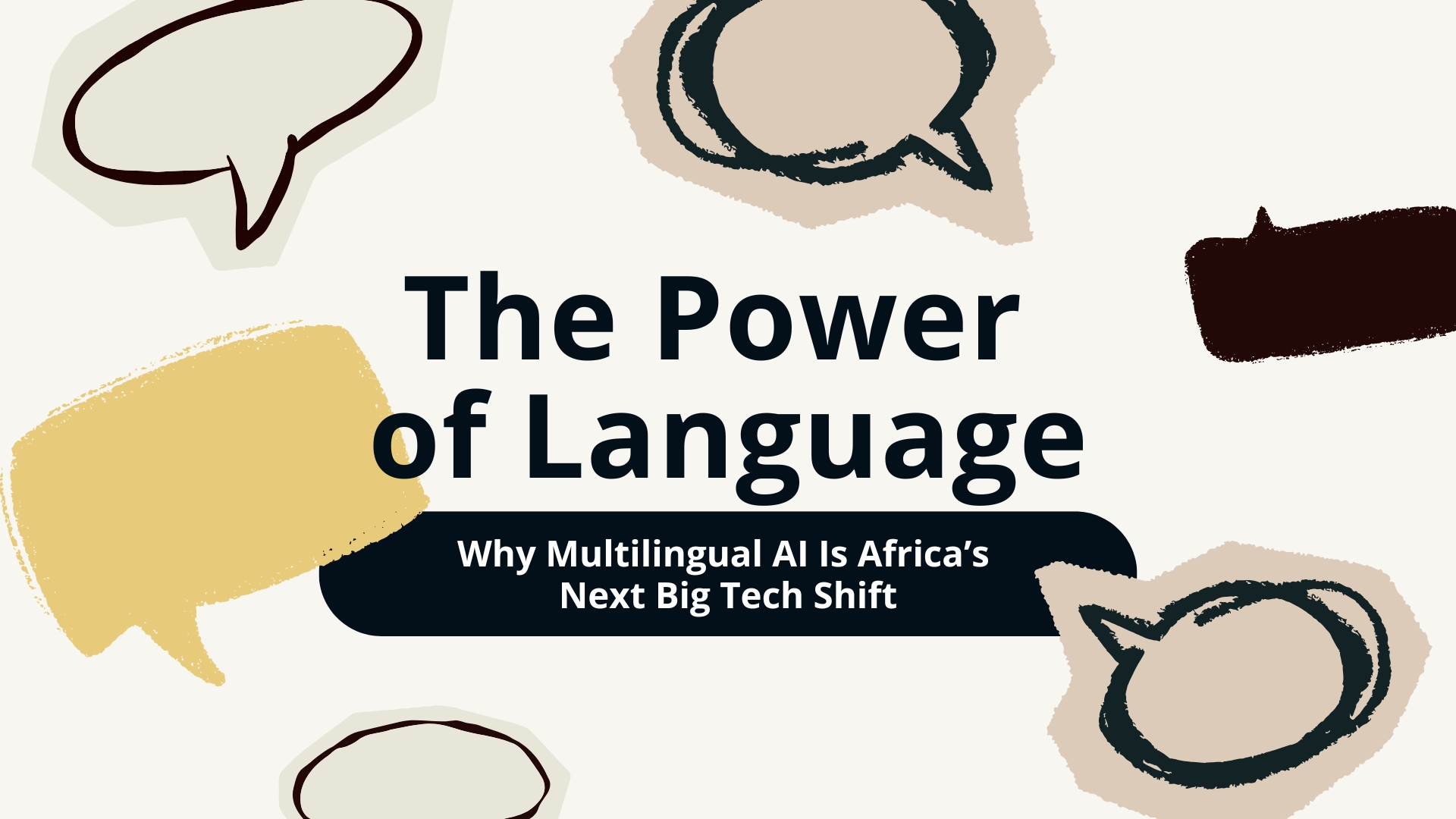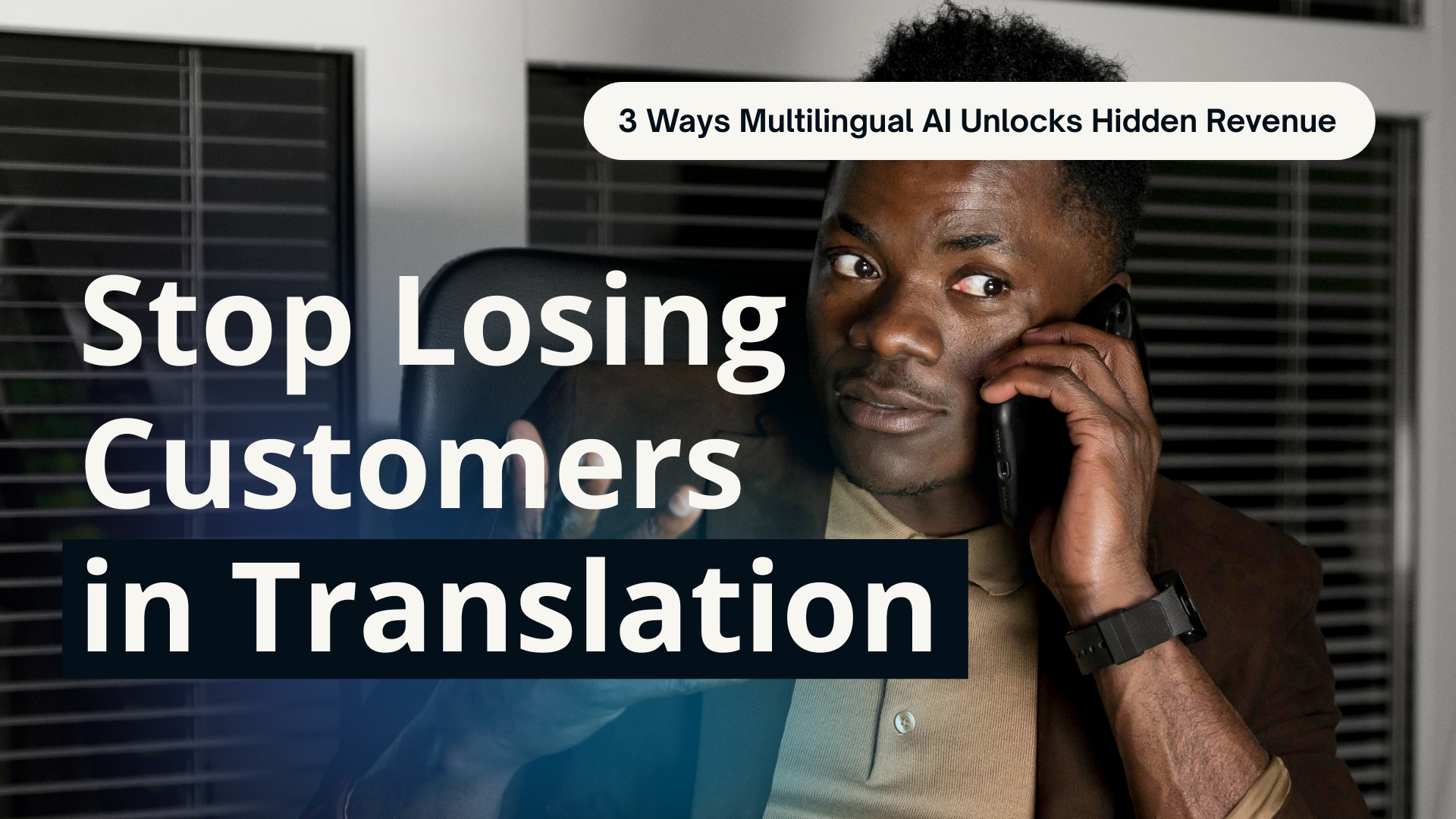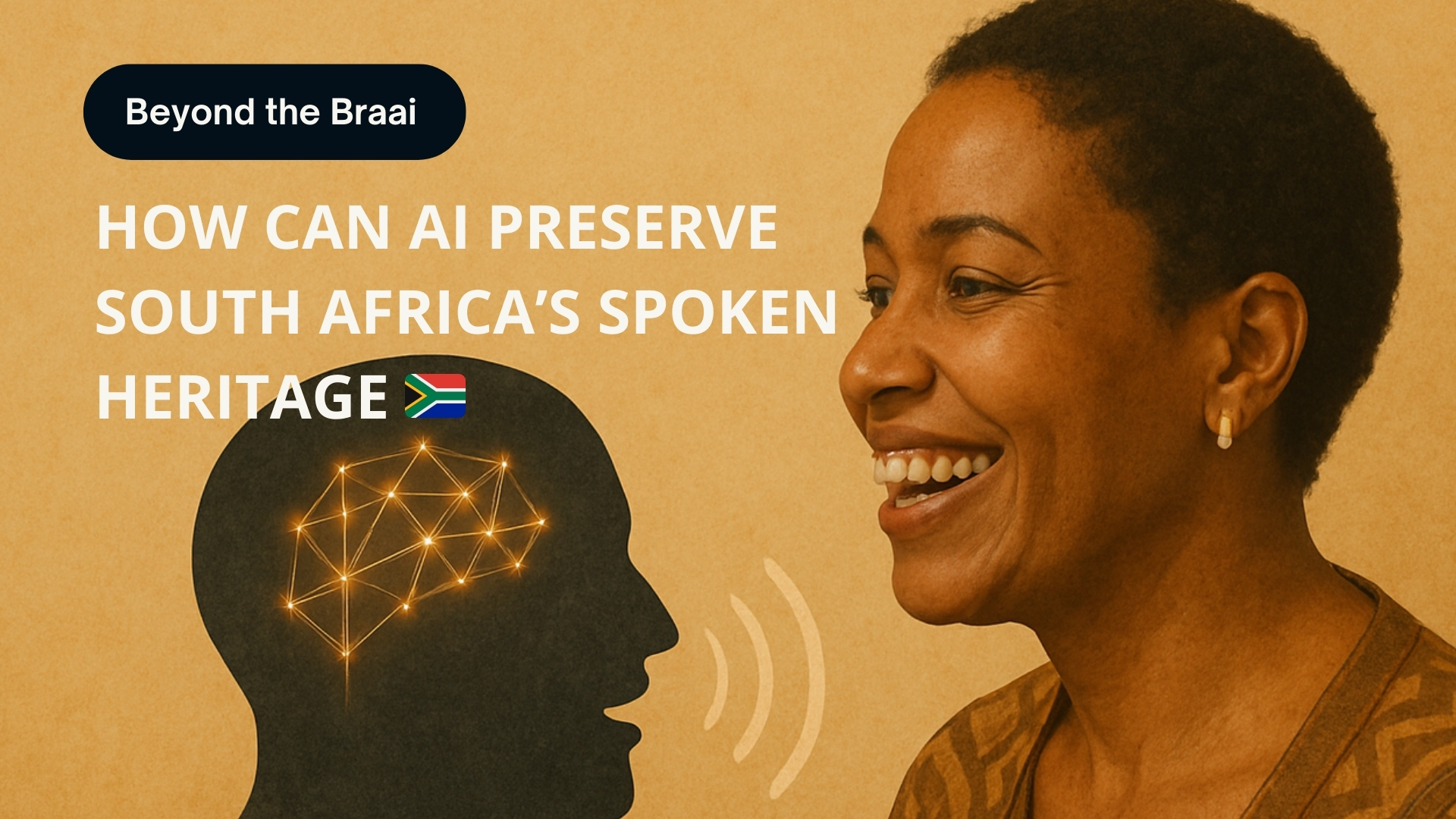Reaching for Inclusion In the Age of Digital Monolingualism
Technology has undoubtedly shaped the way we live our lives, constantly ushering us into a new age of discovery, creativity and problem solving. By technology, we do not simply mean machinery and equipment; but rather, the techniques, skills, methods, and processes cultivated and improved upon over the history of humankind for the sole purpose of accomplishing objectives.
As we commemorate Youth Day in South Africa, we reflect on the historic struggles and sacrifices made by the brave youth of 1976, who fought for equal education and liberation by protesting the oppressive apartheid regime’s imposition of Afrikaans as the medium of instruction in schools.
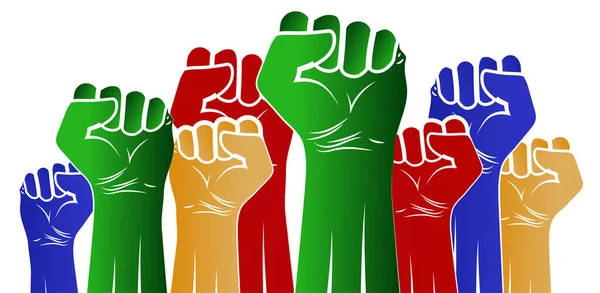
Today, we find ourselves in the midst of a digital revolution that has brought immense progress and connectivity. Access to digital services has been shown time and time again to be one of our best tools for fighting poverty and improving people’s lives: it ameliorates public health, increases educational outcomes, and equips citizens with the means to better hold their governments accountable.
However, meaningful digital access still needs to go beyond simply connecting people in South Africa to the internet and arming them with devices. For full admission into the digital sphere, technology infrastructure is not the only, or even the most significant barrier.
So what is the solution if not technology and infrastructure? Experts from around the world are working to reach an agreement on how to close the gap, and it all starts with personal, societal, economic, and technological investment in minority and indigenous languages.

The Internet Society, a non-profit dedicated to internet policy, published a report in 2016 called Promoting Content In Africa, which found that despite increased access to mobile and telecom infrastructure in Africa, internet adoption was still lagging. According to the report, the continent’s full connectivity is hampered by a lack of relevant programs aimed at its mobile users, as well as the availability of those programs in their native languages.
As a South African startup dedicated to building Natural Language Processing (NLP) tools for African languages, Botlhale AI recognizes the exclusion of African languages in the digital space as a significant threat to meaningful digital access. While English dominates the online sphere, the rich linguistic diversity of Africa, comprising over 2,000 languages, remains largely neglected and underrepresented. This culture of digital monolingualism perpetuates a language divide, where those who are fluent in English or other dominant languages have easier access to information, opportunities, and economic growth. African languages risk being marginalized, their cultural heritage eroded, and their speakers left at a disadvantage in an increasingly interconnected world. This not only hampers personal development but also restricts the potential for African societies to thrive and contribute fully to global discourse.
To achieve digital linguistic equality, we need collective efforts from governments, technology companies, educational institutions, and society at large. We must prioritize the preservation and promotion of African languages, integrating them into digital platforms, educational curricula, and public services.
On this Youth Day, as we remember the struggles of the past, let us also recognize the urgent need to break free from the chains of digital monolingualism. Through innovative NLP tools and a commitment to inclusivity, we can empower African languages, enabling every individual to contribute, learn, and prosper in the digital era. Together, let us build a future where linguistic diversity is celebrated, and no language is left behind.
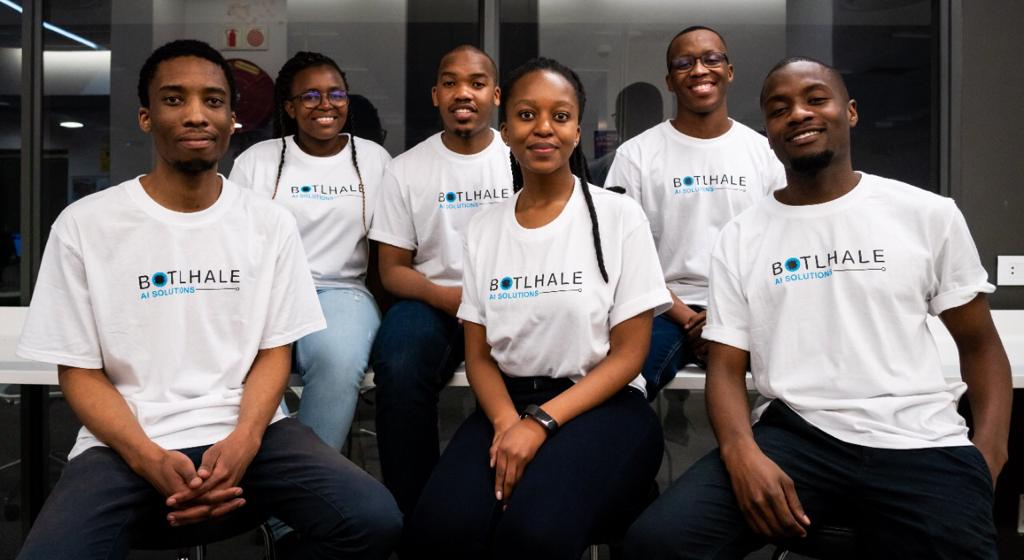
Find out more about what we do at Botlhale AI through our different channels: https://linktr.ee/botlhale.ai

